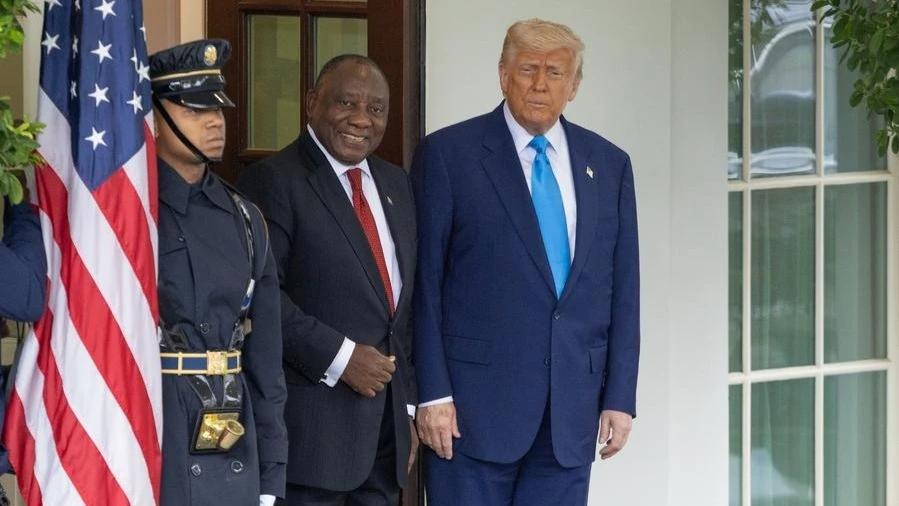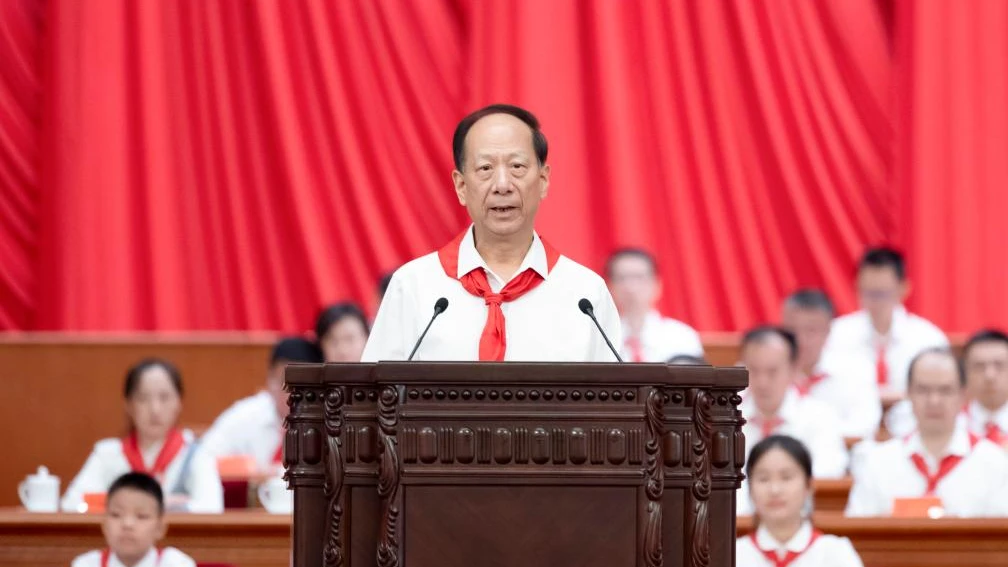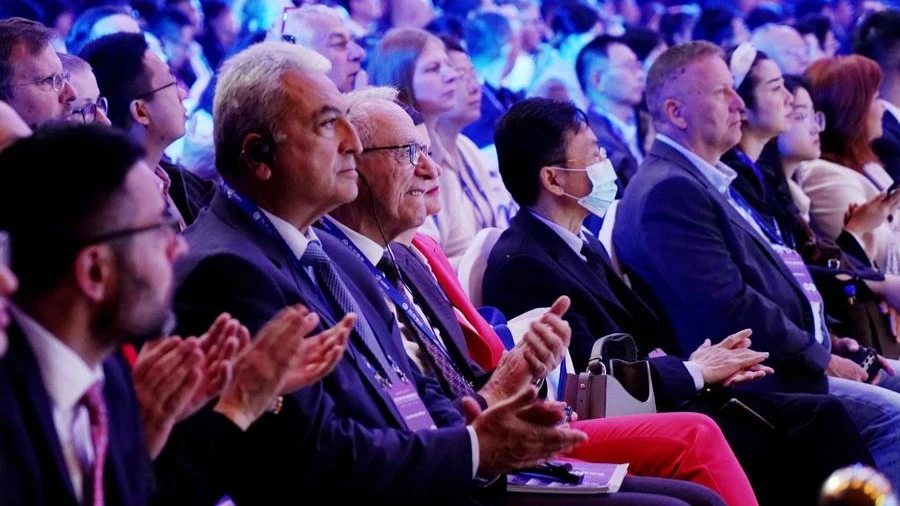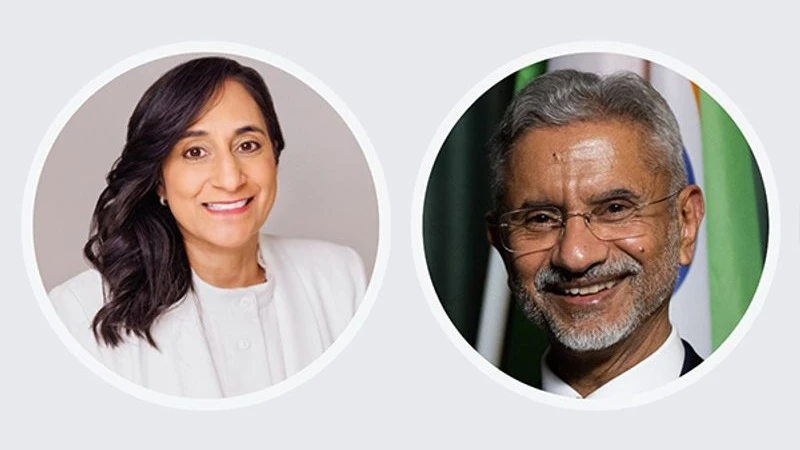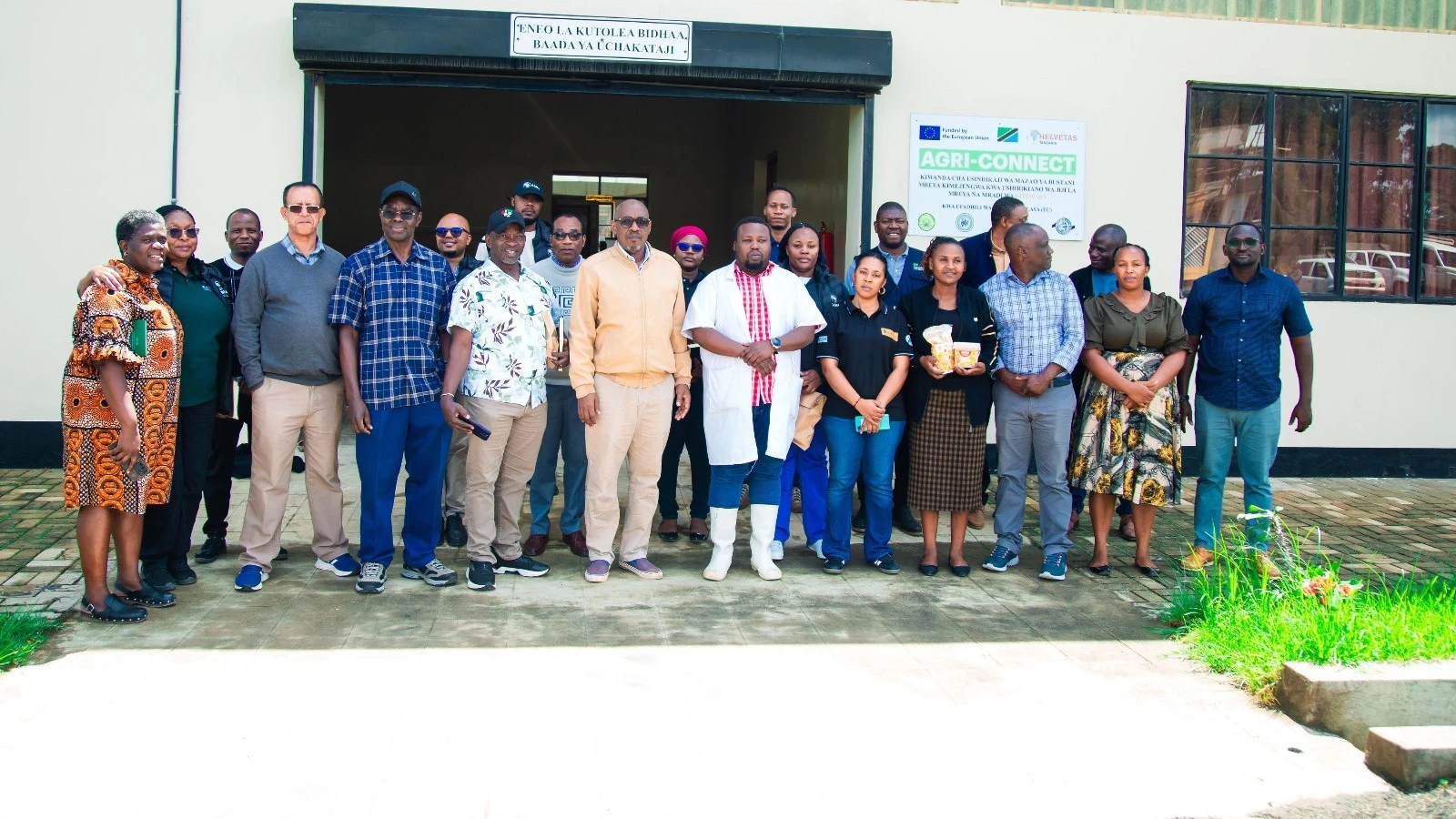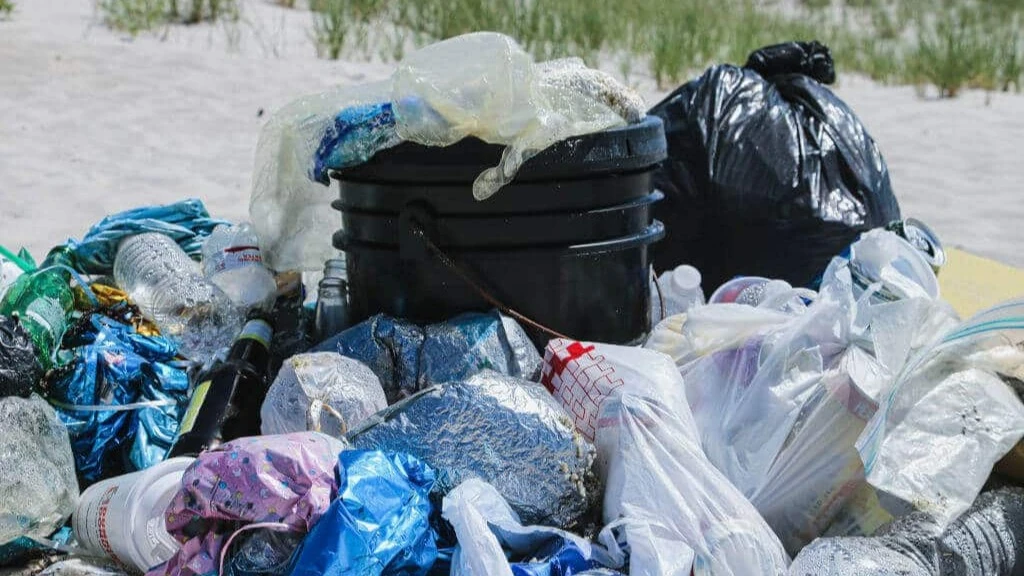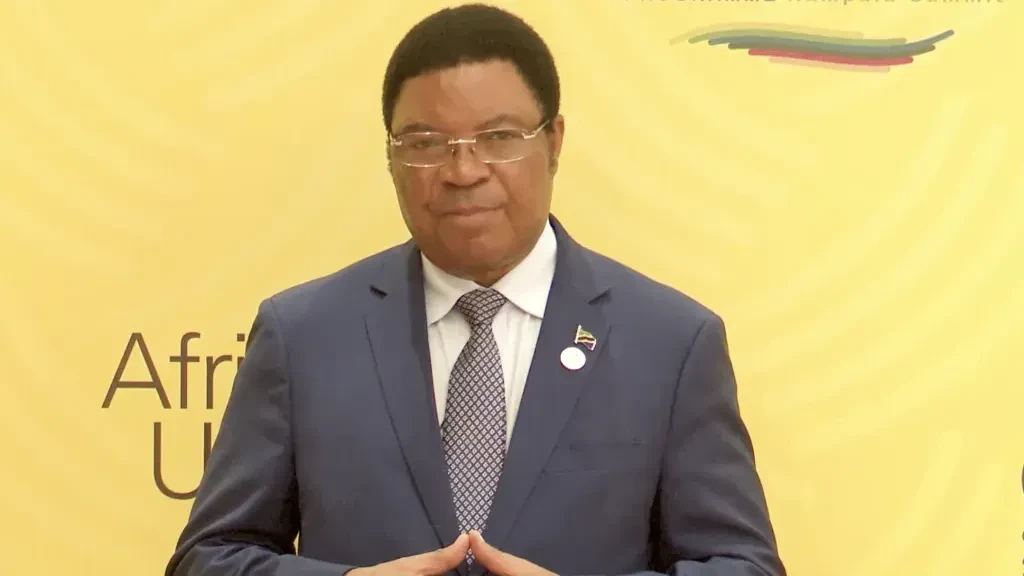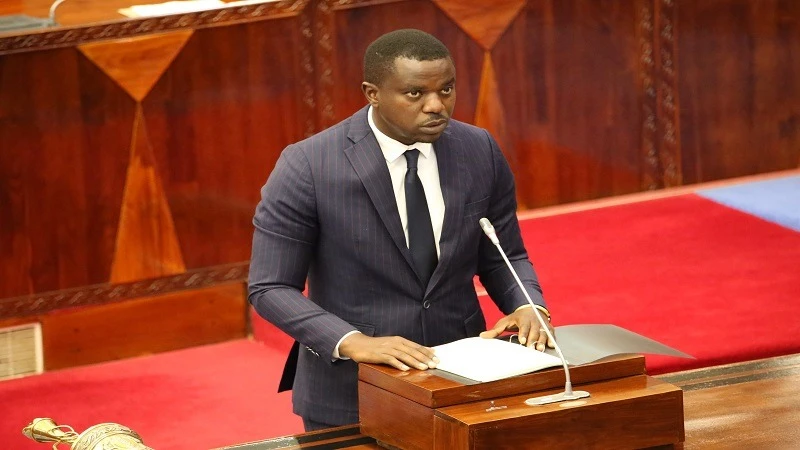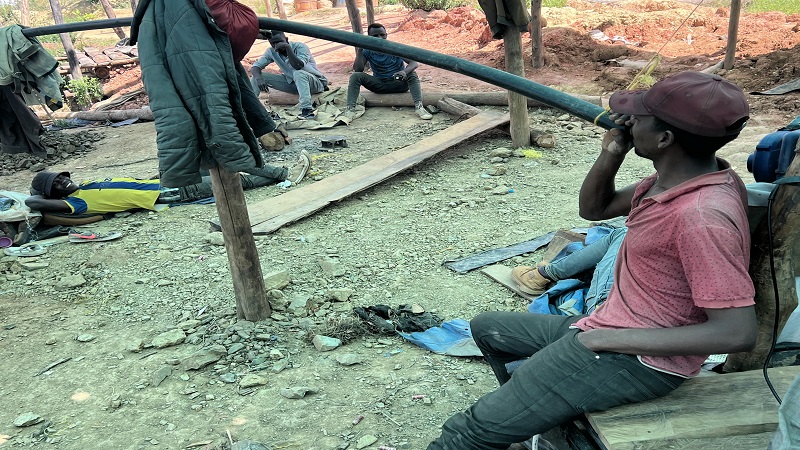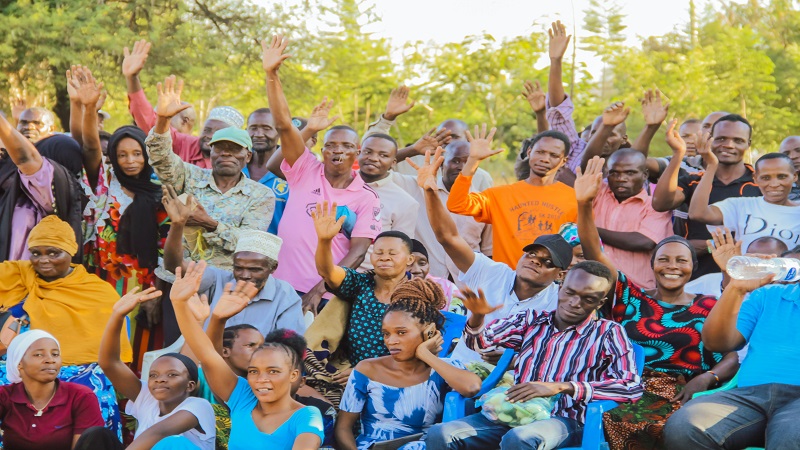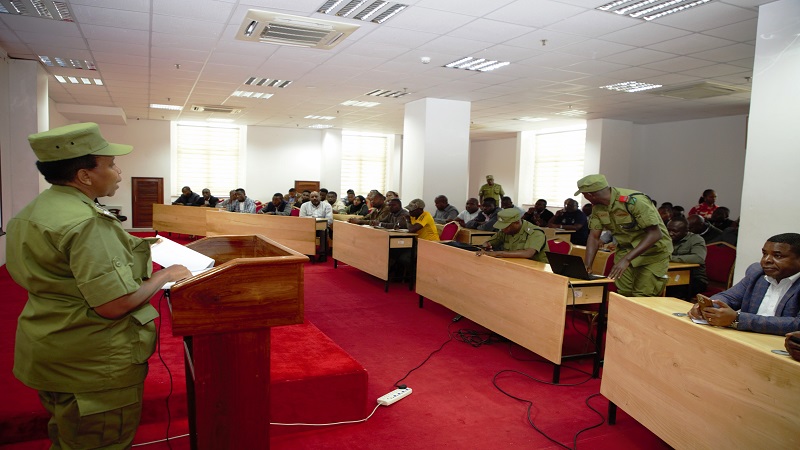Reforms lined up as Zanzibar slates 864bn/- for education

ZANZIBAR plans to spend a total of 864.01bn/- fiscal 2025/2026 to implement sweeping reforms in its education sector.
Lela Mohamed Mussa, the Education and Vocational Training minister, affirmed this intention when presenting budget estimates to the House of Representatives, noting that 658.28bn/- is government finding and 205.72bn/- expected from development partners.
Of the government’s contribution, 321.8bn/- is earmarked for development projects such as construction and rehabilitation of education infrastructure, and 336.4bn/- for recurrent expenditure. This includes 229.5bn/-for salaries, 52.1bn/- for other operational expenses, and 54.7bn/- for departmental subsidies.
Out of development partners’ contributions, 200.6bn/- will go towards development projects and 5.1bn/- will support other operational costs, she said.
A total of t 3.2bn/- will be collected in internal revenue from private school registration, teacher licensing fees and registration fees for middle-level colleges.
Other sources are high school students’ enrollment fees and national exam fees for students in private schools, she stated, hinting at priorities like raising awareness to increase enrollment of children at the appropriate school age and involving communities in monitoring student discipline and progress.
Key infrastructure goals include constructing 58 new schools (pre-primary, primary, secondary and technical education), rehabilitating 900 classrooms and completing 300 classrooms built through community efforts, the minister explained.
The learning environment will be uplifted by building 700 toilets, nine dormitories, 10 teachers’ houses and installing solar energy systems in 35 schools, she said.
Budget funds will be spent to expand the ministry’s head offices, constructing a marine training institute and a technology institute branching from the parent Indian institution in Madras, plus a well-stocked national library, she said.
Sabiha Filfil Thani, the Social Welfare committee chairperson, noted that as of April 2025, the government had disbursed 46 percent of allocated funds, with revenue collections reaching 30 percent of target. Delays in project implementation due to untimely disbursement of funds were rampant, she stated.
There was a massive increase in the number of higher education loans, from 2,502 students in 2023/2024 to 7,198 in 2024/2025, a 74 percent success out of 9,758 applicants, she specified.
Machano Othman Said (Mfenesini) urged the government to implement the proposed 150,000/- monthly allowance for head teachers without delay.
Top Headlines
© 2025 IPPMEDIA.COM. ALL RIGHTS RESERVED








